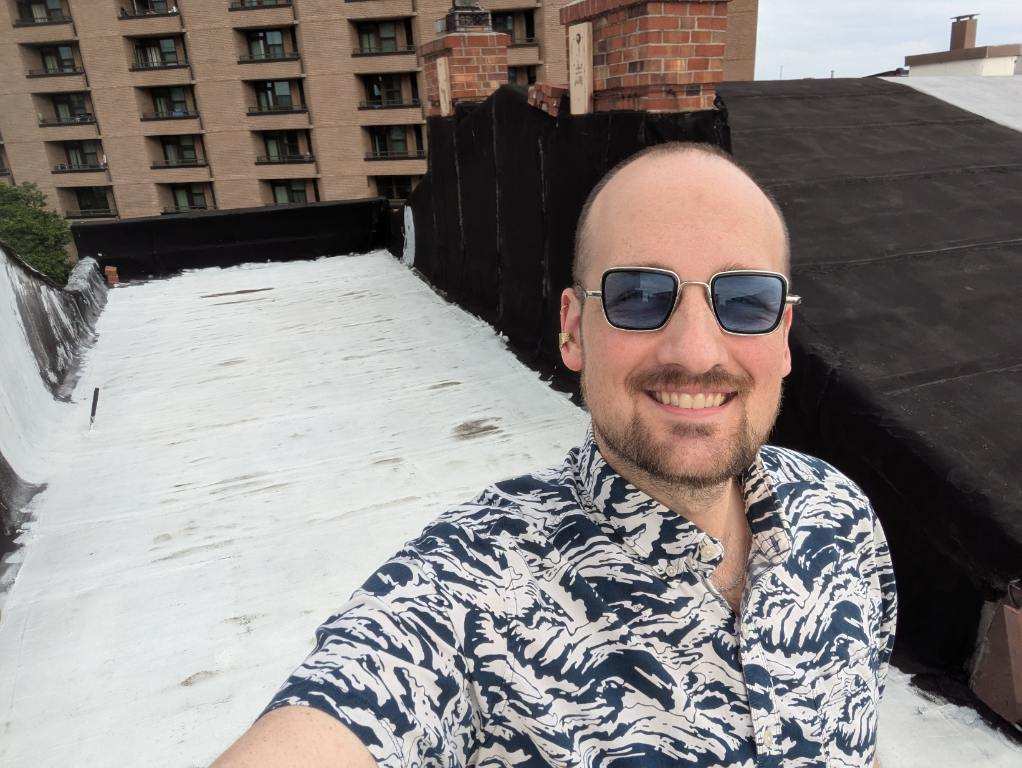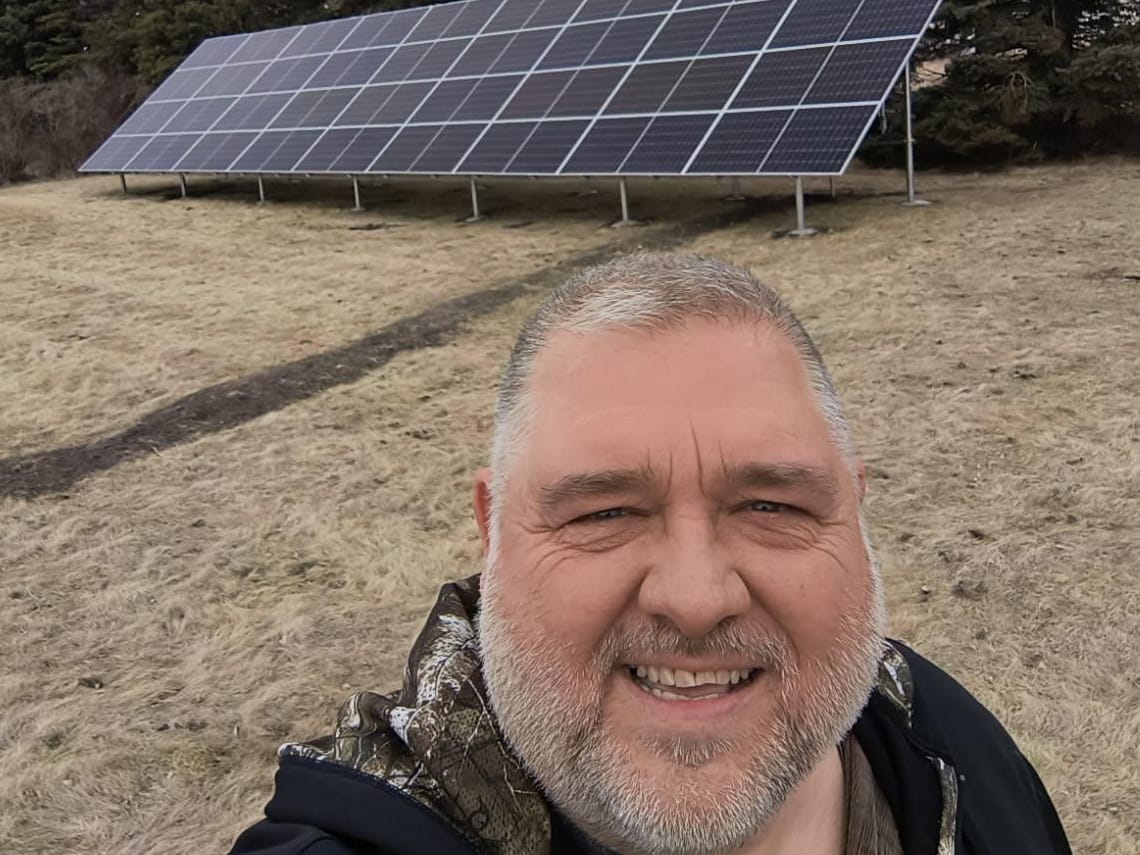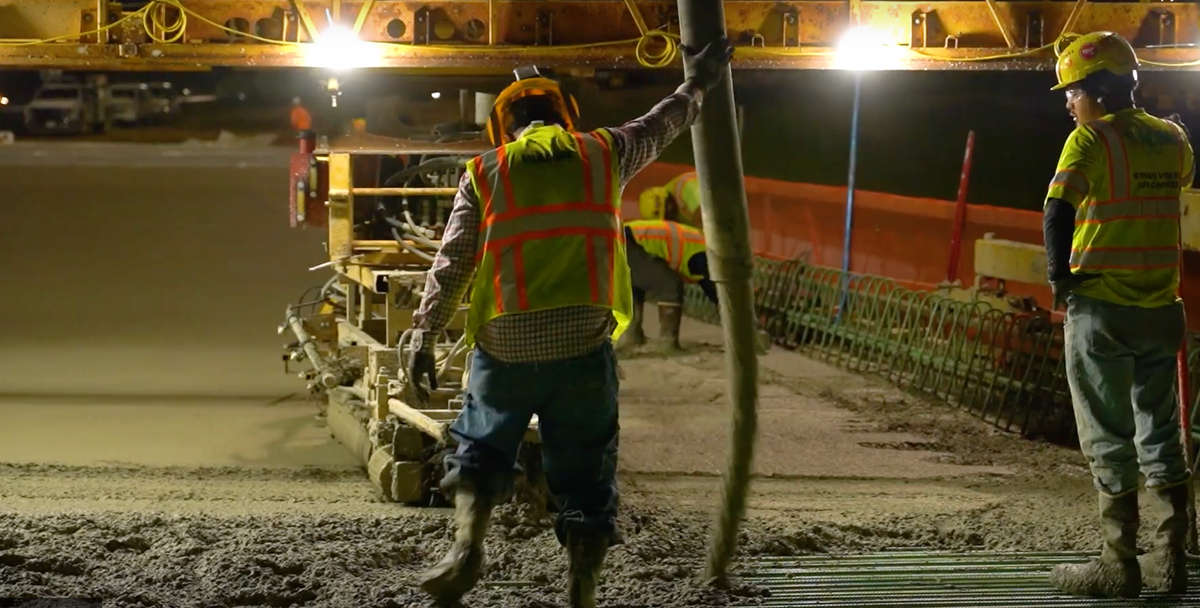Behind the byline: Four questions for Floodlight’s Ames Alexander
From Charlotte to climate accountability, a veteran reporter explains what keeps him in the game

Since joining Floodlight in March, what’s been a highlight?
Digging into the recent “dark roof lobby” story has been a real high point.
As many studies have shown, light-colored roofs save energy, keep cities cooler and reduce heat-related illnesses and deaths. That’s why a number of states and cities have adopted cool-roof requirements. But as we revealed, manufacturers of dark roofing materials have lobbied to kill such regulations — and they’ve often succeeded.
We were the first to expose this. The story has been widely read — not only on our site, but in The Guardian and Mother Jones — and it’s sparked a lot of conversation.
Another highlight: Working with all the smart and talented people here at Floodlight!
You’ve said journalism is your “church.” What makes it feel that way?
I’m passionate about this work. When I dig in deep on a meaningful story, it feels like something bigger than me. I’ve been lucky — first at the Charlotte Observer and now at Floodlight — to work with people who feel the same way.
Lord knows journalists can be irreverent! But beneath our crusty exteriors, there’s a real reverence: for truth, for shining light in dark corners, and for telling important stories. It’s rarely easy but it always feels like it matters. There’s a fire in us to do good work, and do it honestly.
What’s something you uncovered in an investigation that still sticks with you?
Back at the Charlotte Observer, I investigated the city’s overburdened ambulance service. I found that in hundreds of heart attack cases, it was taking paramedics more than 10 minutes to arrive — far too long when every second counts. Many people were dying as they waited for ambulances.
Largely as a result of my stories, the county hired more paramedics, bought more ambulances and put the EMS service under new management. I still think about the heart attack victims who are getting help faster today as a result. There’s no doubt those stories saved lives. That’s the kind of impact that stays with you.
If you weren’t a reporter, what do you think you’d be doing instead?
I love this work so much it’s hard to imagine doing anything else. But if journalism vanished tomorrow (perish the thought), I could see myself at a government watchdog agency — maybe the GAO or an Inspector General’s office. I’d still get to follow the money, ask impertinent questions and root out problems. And maybe help improve the way government agencies function in the process.
So that job might scratch a similar itch. But I’d miss the opportunity to write for a broader audience — and the coffee-fueled debates over ledes and headlines.
Read some of Ames' stories:






